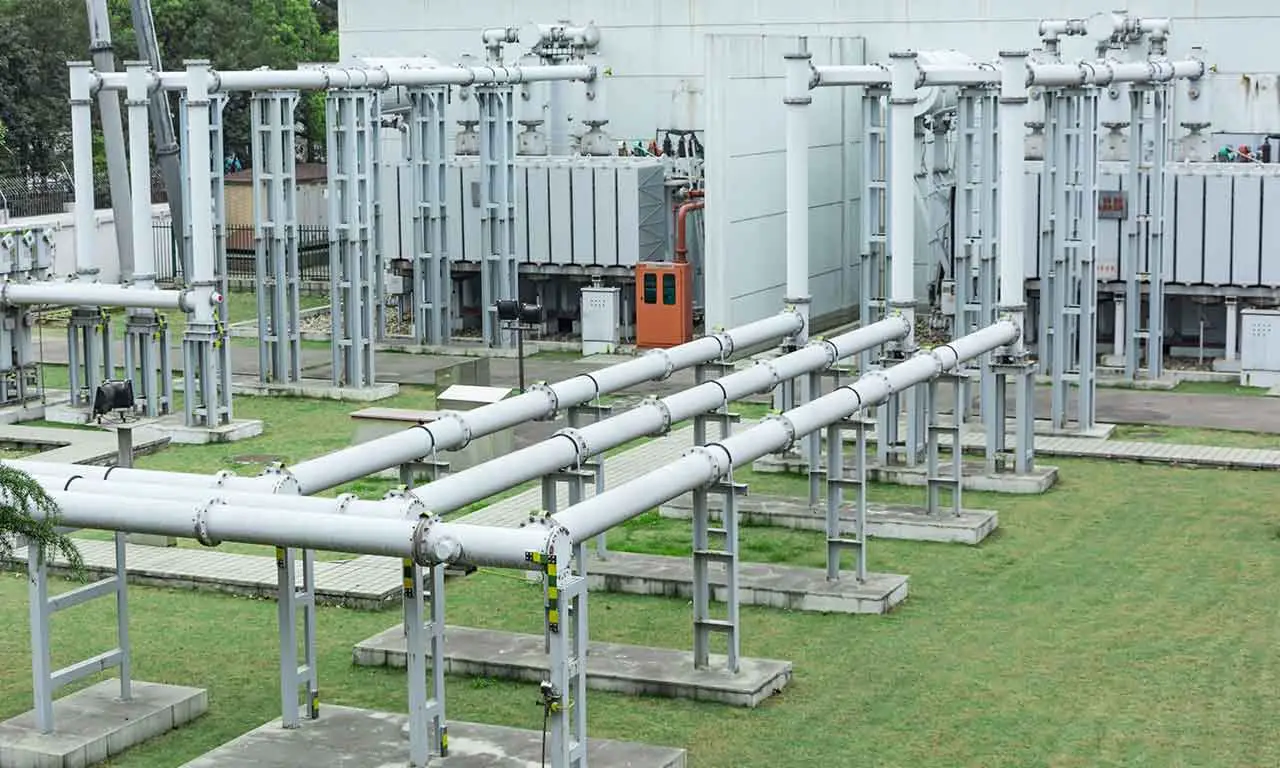Greywater is wastewater from non-toilet sources, such as washing machines, sinks, and showers. It is a valuable resource that can help to irrigate plants and trees, reducing the amount of freshwater used for this purpose.
Greywater systems are becoming increasingly popular in homes and businesses as they offer a way to conserve water and reduce water bills.
In this guide, we provide an overview of greywater systems, their benefits, and the different types available.
What is a Grey Water System?
A greywater system is a plumbing system that collects, treats, and distributes wastewater from sources such as washing machines, sinks, and showers. This water is then reused for other purposes, such as watering plants or flushing toilets.
You should also note that there is a distinction between greywater and blackwater. Since kitchen wastewater has a disproportionately high organic content compared to other sources of wastewater, some people classify it as blackwater.
What are the Benefits of Greywater Systems?
Greywater systems offer several benefits:
- Reduces water use: You can cut your water consumption in half by using a greywater recycling system. Water is a resource that needs preservation for future generations, and the best way to achieve that is to recycle greywater.
- Reduced water bills: In the unlikely event that your water usage is being excessively taxed, installing a greywater recycling system will result in an almost 50% reduction in your water bill.
- Reviving of Supplements: Recycled greywater has additives that can help your plants develop. Thus, utilize reclaimed greywater to water these plants.
- Increases the value of your home: A house that offers a way to cut water usage in half will become an appealing option for prospective buyers.
- Reduced impact on the environment: Using a greywater system can help you make changes and progress that are both beneficial to you and the environment.
What are the Types of Greywater Systems?
There are two main types of greywater systems: gravity-fed and pumped.
- Gravity-fed systems: These systems do not need electricity. They rely on gravity to move the water from the source to the destination. They are simpler and less expensive to install and maintain but limit the distance they can transport the water.
- Pumped systems: These systems use a pump to move the water from the source to the destination. They can transport water long distances but are more complex and require more maintenance than gravity-fed systems.
If you discuss your needs with your plumber in Narre Warren, they can tell you which system will suit your requirements.
Components of a Grey Water System
A greywater system typically consists of several components.
- Collection tank: This tank collects the grey water from the sources in the building.
- Treatment system: This system filters and disinfects the grey water to remove any harmful contaminants.
- Distribution system: This system distributes the treated grey water to the desired location, such as a garden or toilet.
Maintenance and Upkeep
Greywater systems require regular maintenance and upkeep to ensure they continue to function properly.
- Regular cleaning: The system needs cleaning every six months to ensure that there is no build-up of organic matter or other debris that can clog the system. Better yet, call a professional plumber in Narre Warren, for the cleaning process.
- Inspection: Regular inspection of the system can help by a local plumber in Narre Warren to ensure that there are no leaks, cracks, or other issues that can lead to water wastage.
- Check the filters: You should check filters regularly to ensure they are clean and have no clogs. Clogged filters can cause wastewater to back up and damage the system.
- Avoid harsh chemicals: Harsh chemicals such as bleach, ammonia, and drain cleaners can damage the system and kill beneficial bacteria.
- Professional servicing: Regular professional servicing of the system is crucial to ensure that it is functioning properly and that there are no leaks or other issues.
Disadvantages of Greywater Systems
There are also some downsides to using greywater systems that you should consider before installing these systems.
- Initial Costs: Installing a greywater system can be expensive, especially if it involves retrofitting an existing home. Depending on the type of system you choose, it could require significant plumbing work or even the installation of a separate tank for holding and treating the greywater.
- Water Quality: Greywater is not suitable for all uses, as it may contain higher levels of bacteria, nutrients, and other contaminants compared to fresh water. For this reason, you should not use greywater for drinking, cooking, or bathing. Additionally, some types of greywater (such as from a dishwasher) may contain harsh chemicals that could damage plants or soil.
- Legal Restrictions: In some areas, greywater systems may be subject to legal restrictions or regulations. For example, there may be rules regarding the types of greywater that you can use and what treatment is necessary before releasing it into the environment.
- Odour and Insects: If not managed correctly, greywater systems can produce unpleasant odors and attract insects such as mosquitoes. This can be especially problematic if the system installation is too close to living areas or if the greywater is not filtered or treated correctly.
- Health Risks: Greywater that is not adequately treated or filtered can pose health risks to humans and animals. Exposure to harmful bacteria or pathogens can cause illness, skin irritation, or other health problems.
Final Say
In summary, greywater systems offer a way to conserve water and reduce water bills while also reducing the strain on the municipal water supply and its impact on the environment. However, make sure to get the best plumber service in Narre Warren, to install your greywater system.
If you want to make this a reality, you can discuss it with Doyle Plumbing.


















